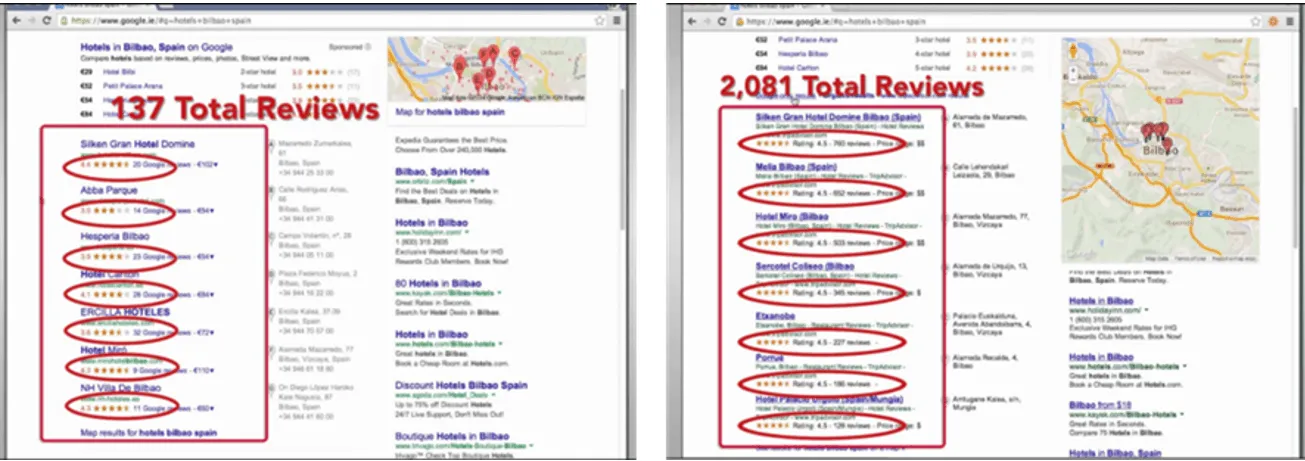Google in Europe: Competition Policy in the Digital Era - Case Solution
This case study looks into the operation of Google in Europe. Margrethe Vestager issued a statement of objections against Google Search and Google has presented its argument. The case study looks into the possible solutions to the issues.
Case Questions Answered
- Do you agree with Margrethe Vestager's decision to issue a statement of objections against Google Search and why?
- Evaluate the different approaches to competition policy in the EU and US, particularly in the domain of "abusive dominant firm position"!
- What is the political and economic logic of competition policy?
- What is Google's argument, and what are the possible solutions for this case?
Question 1. Do you agree with Margrethe Vestager’s decision to issue a
statement of objections against Google Search and why?
Margrethe Vestager’s objections against Google Search were comprised of two main things: anti-competitive business practice and the objection to Android.
1. Stemming any anti-competitive business practices in Google Search and maintaining specialized search services in local markets, which include price comparison websites and shopping review sites.
- Discriminating rivals’ platforms against search services.
- PCW reduced the asymmetry of information and improved information flows.
- Bundling: shifting away from rival firms and diminished competition.
2. Additional statement of objection on Android.
- It is giving Android device manufacturers a share of revenue and financial incentives.
- Required pre-installation of Google Search and Chrome to accelerate Google Play on Android devices.
There are massive impacts on the EU stakeholders: the EU economy, business competition, and the impact on the consumers. Google’s domination stifles competition and restricts innovation in the EU region.
For the business competition, it caused harm and injury to rival competitors, such as Yelp, TripAdvisor, and other smartphone manufacturers. And lastly, the consumers are deprived of superior results and cheated by the review results and price comparison.
It is inevitable breaking the Treaty on the Functioning of the European Union (TFEU) of Article 101 Section 1 & 3: restriction of competition within the internal market and Article 102: abuse of dominant firm position.
So, Vestager’s objection was plausible. Moreover, if we refer to the comparison of the Google universal search versus organic search, it shows that Google dominates, as illustrated in Exhibit 7 below:

Question 2. Evaluate the different approaches to competition policy in the
EU and US, particularly in the domain of “abusive dominant firm position”!
Chronologically, the US came earlier than the EU with the competition policy (also known as antitrust) by issuing The Sherman Antitrust Act in 1890, and they had amendments in 1914 by the Federal Trade Commissions (FTC) followed by the Clayton Act. The law banned individual firms from monopolizing.
While in Europe, the antitrust laws have drawn…
Complete Case Solution
Get immediate access to the full, detailed analysis
- Comprehensive answers to all case questions
- Detailed analysis with supporting evidence
- Instant digital delivery (PDF format)
Secure payment • Instant access
By clicking, you agree to our Terms of Use, Arbitration and Class Action Waiver Agreement and Privacy Policy